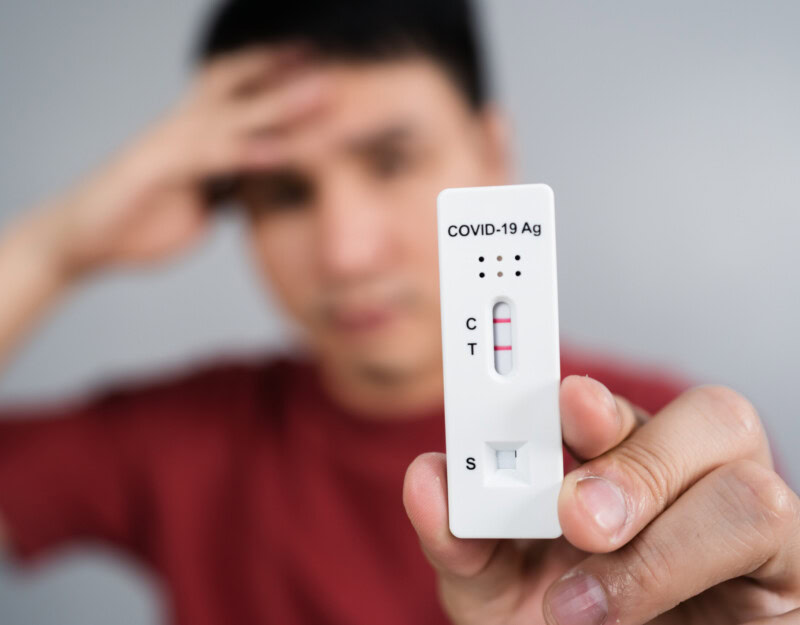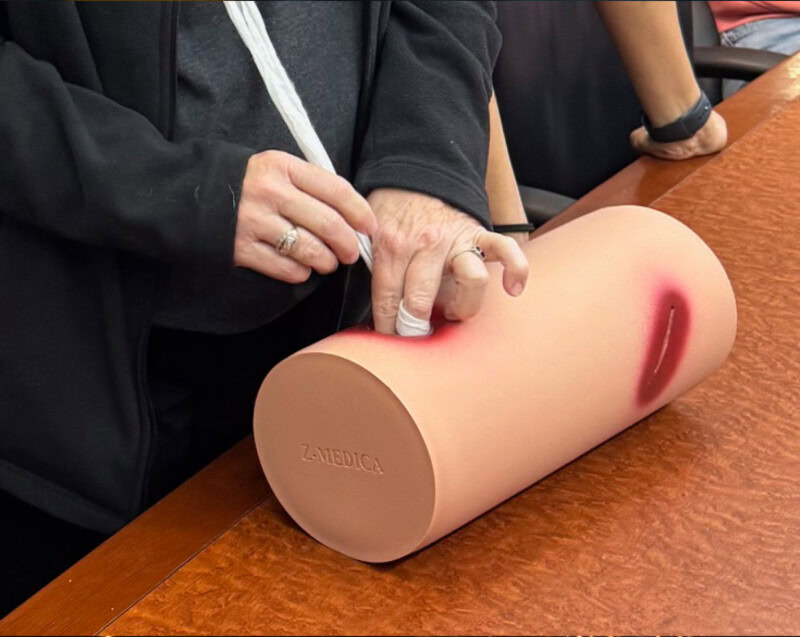From alpha to the now dominant delta variant, COVID-19 continues to evolve, and so too does health experts’ knowledge of it. For the public, navigating the ever-changing science and associated terminology can be daunting. Take “breakthrough cases” as an example. What is a “breakthrough case,” and what does the rise in these types of infections mean? How will they affect American workplaces? CTEH’s experts are stepping in to help explain.
What is a breakthrough case?
Breakthrough cases occur when individuals who are fully vaccinated contract COVID-19. A person is considered fully vaccinated two weeks after receiving a one-dose vaccine or the second dose of a two-shot vaccine.
Why do breakthrough cases happen?
As Johns Hopkins University said, “While breakthrough infections are rare, they are also to be expected with any vaccine.” In fact, the CDC states “no vaccine is 100 percent effective.” Rather, the goal is to “teach our immune systems how to recognize and fight the virus that causes COVID-19” to prevent serious illnesses, hospitalizations, or death.
What symptoms do breakthrough cases typically report?
The CDC reaffirms, “the risk of infection, hospitalization, and death are all much lower in vaccinated compared to unvaccinated people.” If infected, fully vaccinated individuals tend to display much more mild symptoms, akin to the common cold, and for a shorter duration.
Are breakthrough cases common?
As of August 16, 2021, more than 168 million Americans had been fully vaccinated. During the same period, the CDC received reports of 9,716 patients with breakthrough infections who were hospitalized or died. The CDC cautions this number is “an undercount of all SARS-CoV-2 infections among fully vaccinated persons, especially of asymptomatic or mild infections.” In May, the public health agency shifted from focusing on “the passive surveillance of all vaccine breakthrough cases” to only hospitalized or fatal cases. However, several states and jurisdictions are reporting vaccine breakthrough cases through the CDC’s website.
How can workplaces prevent these infections?
According to the CDC, the best way to prevent COVID-19 cases is vaccination. Due to the delta variant, the CDC is also recommending workplaces implement mitigation strategies, such as enhanced personal protective equipment; ventilation; and cleaning and disinfecting.
If you need help developing protocols to mitigate or prevent the spread of COVID-19 in your workplace, contact us at webquestion@cteh.com.




